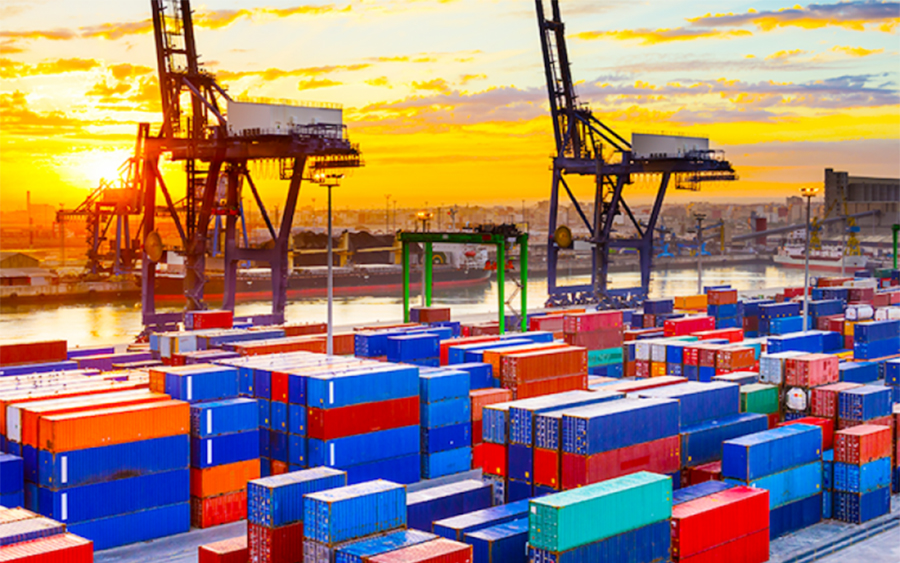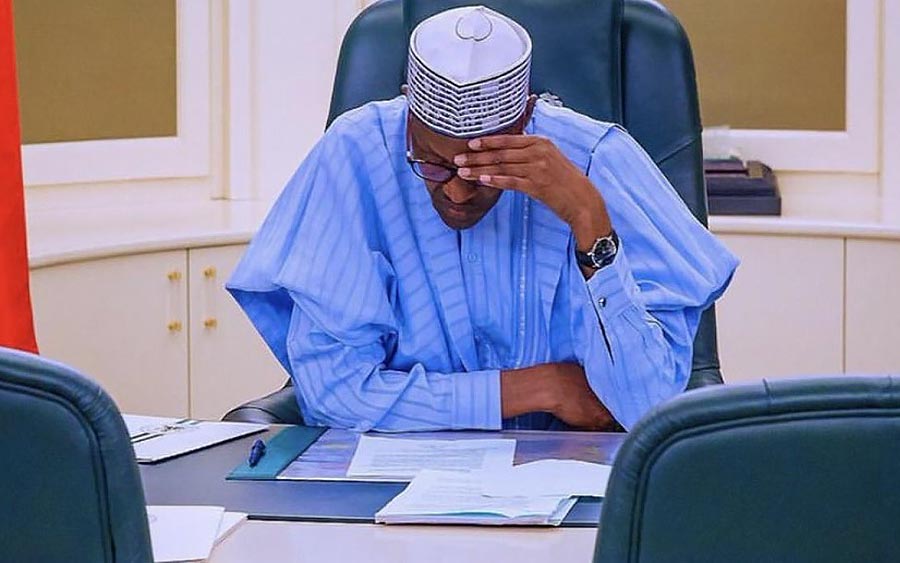With all the benefit the African Continental Free Trade Agreement (AfCFTA) have in store for the continent, Nigeria might just lose out on them all due to a decades-old problem that continues to pose as a stumbling block. That problem is the epileptic power supply in the country.
Nigeria’s economic growth has been sluggish for years now, with private sector operators finding it difficult to operate in the business environment. One of the major factors that have been highlighted by small, medium and large corporations is the poor level of power supply in the country.
To solve this problem, business owners often resort to spending millions of naira every month to generate their own electricity. This, therefore, contributes to the cost of doing business.
[READ ALSO: How AfCFTA affects every Nigerian Business]
While many countries have been able to boost their business growth with stable electricity, Nigeria has continued to struggle to provide this basic amenity. Needless to say, it has negatively impacted the economy. Now, electricity firms in Nigeria have listed it as a major threat to AfCFTA.

In a statement congratulating President Muhammadu Buhari’s signing of the trade agreement, the electricity companies, under the aegis of the Association of the Power Generation Companies, warned that the poor power supply within the country will deprive Nigeria of the benefit of AfCFTA.
The group said Nigerian companies won’t reap the full potential of the single market “until the problems of the power sector are fully addressed”. They added that products manufactured in the country will not be able to compete against goods produced in other African countries, as the current power supply level has always contributed to the hiking products’ prices.
[READ ALSO: Nigeria’s decision to sign the AfCFTA might be a grievous mistake after all]
The influence of electricity on product price is as a result of the growing operational cost which rises due to industries and factories dependence on diesel generators. An improvement in the power supply will reduce the expenses of companies on production. This will, in turn, facilitate a reduction in the prices of goods.
In the meantime, Electricity Distribution Companies (DisCos) have estimated that it will cost nothing less than $100 billion (approximately N36 trillion) to actualise stable power supply in Nigeria.
Now, the Gencos are saying that Nigeria to be among the leading industrialised countries in the world, the President Buhari administration must fix the electricity problem. After all, stable electricity supply is one of the campaign promises of the President’s first tenure.
“In direct relation to the just-signed AfCFTA agreement, the benefits it poses to Nigeria may not be fully reaped until the problems of the power sector are fully addressed.
“Goods and services offered by the country may not be comparatively/competitively priced, when compared to other nations with better power supply. Thus, the cumulative result of a significant boost in trade and, therefore, the economy, may not be realised.”

“For instance, steel mills consume a huge amount of power to convert pig iron blocks to liquefied iron, mixed with ingredients such as carbon, alloys and chemicals to change into a different type of steel, alloy, bars, rods, H-beams, sheet metals, etc.
“This is even so given that adequate power supply plays a critical role in the development of the social sector, education, health, transportation and industrialisation of a nation.
“The power firms said, “The impact of the inadequate power supply is multifarious. Nigeria’s potential to become one of the world’s largest economies will remain just an aspiration without the electricity required to pursue aggressive industrialisation, including the revitalisation of moribund local industries.”
[READ ALSO: CBN’s decision to force bank lending is crushing banking stocks]














.gif)






